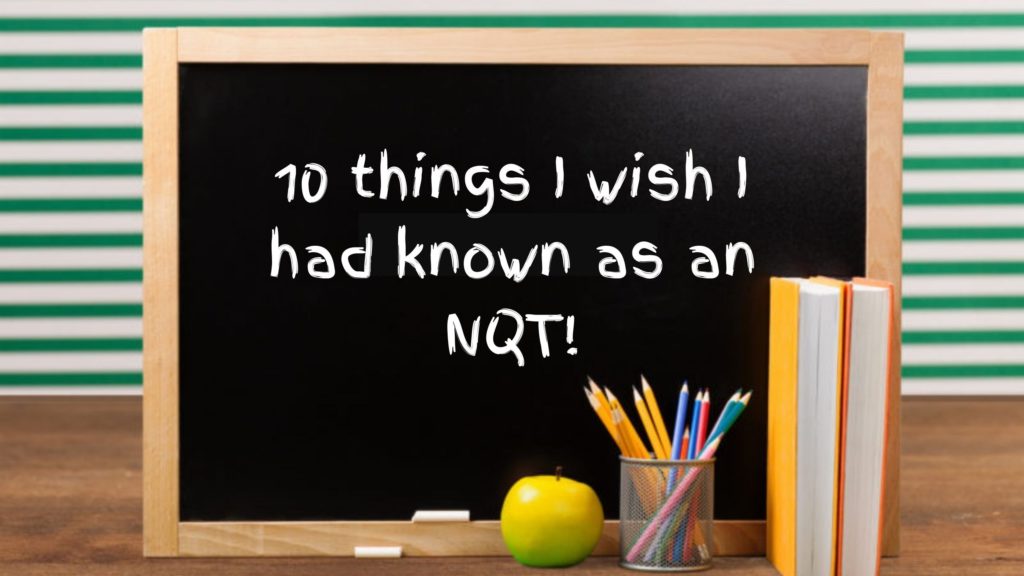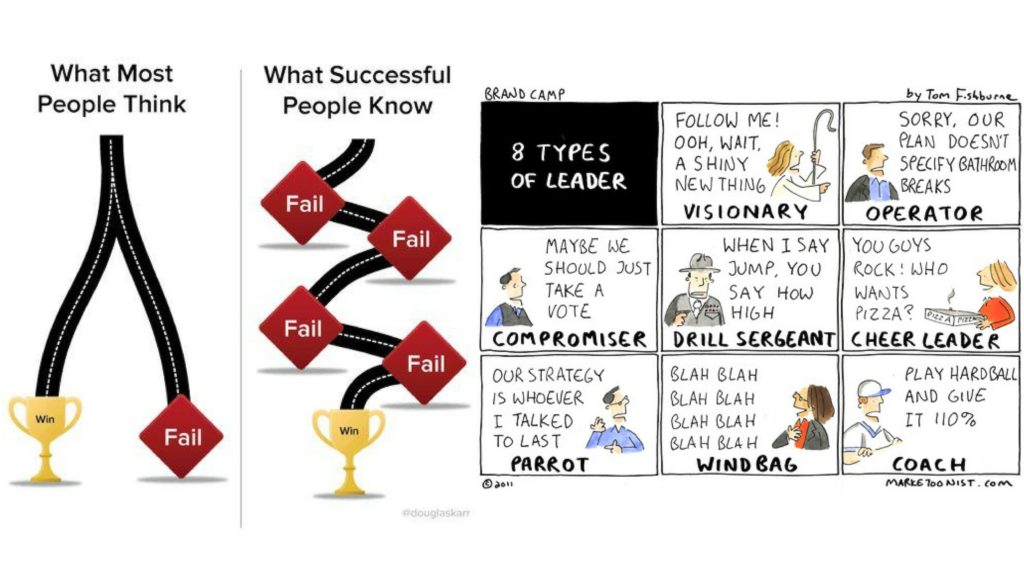How to take ownership of your job choices

The 31st of every half term always signals a chance for teachers to look for new opportunities and leave.
There are key dates across the academic year when educators can submit their preference to leave their current roles.
For teaching assistants, the terms for ending their contract are different and can usually be done much quicker and at short notice.
In comparison, headteachers and executive headteachers have to give a whole term’s notice and governors are usually aware of such possible changes much earlier. This is due to the succession planning that is needed to be put in place – so that the school can continue moving forward successfully.
Teachers are like footballers – except they don’t get paid as much!
The next resignation date after July is October 31st and teachers are allowed to leave in December. This is halfway through the academic year and often requires considerable planning for both the school and the exiting and incoming teacher.This is so that the transition of change does not affect the pupils’ emotional, social and academic well-being.

At certain times windows open for them to move – but the timing has to be right! The key factor for you is that whoever you are – the decision to leave or stay is the right one!
Here are a few tips that will help you ensure you have made the right decision:
Do you really want to leave?
- When starting to think about leaving, consider your options carefully.
- Are you happy and are there opportunities to grow in the school that you are currently at?
- In your performance management discussions, have you discussed that you are interested in career progression or your life choices e.g. you may wish to go part time.
- Weigh up carefully what a job change would entail. It is an exhausting process and sometimes, it isn’t necessarily the outcome you may want.
- Talk to your family, friends and trusted colleagues as this is a decision that needs to be made carefully as it can impact on many.
- Is there a senior leader that you can trust and talk to about your wish for change? The right senior leader can create opportunities and experiences for you or give you CPD (Career Professional Development) that stretches and challenges you.
- Remember, schools are keen to keep teachers that are good and better and like developing their staff from within. A great senior leader may even help you with the application process if you have made the decision to leave.
Research, research and research
- If you have made the decision to leave, after considering all options – that’s great.
- Start looking at roles and have a chat with agencies.
- Be discreet about looking for a new job – sometimes it can make things unsettled for you and the school you are working at.
- Network and build relationships with colleagues from other schools as they may be working at local schools that may interest you.
- Usually staff are representative of the ethos of the school and can often give you a taste of what the school is like or honest feedback of what it is like to work there. (However, always take it with a pinch of salt as sometimes they may not be accurate pictures).
- If you find an advert that you like – research the school and ask for the recruitment pack.
- Schools have to have websites now and have key information which will help you make your decisions. * If you are with an agency, do your research and ask incisive questions. A good agent will answer them for you or will take the time to get the right information.

Arrange a visit to the school
- Whether you are a primary teacher or a secondary school teacher, where you will teach will be the centre of your professional world.
- The visit to a prospective school will be like a “first date” and will ascertain whether you want to make the effort of applying.
- Remember, it is a two-way relationship – you choose the schools just like they choose you.
The ethos of the school and don’t just look – “observe carefully”
- When entering the foyer or reception area of the school, are the office staff welcoming? This is a good sign of what the school is like.
- Read and look at any displays and information that the school has put up. Observe carefully. Is it current and well resourced? What does it tell you about the school?
- When being shown around, who is the person taking you around? Usually it is the headteacher, senior leader or teacher.
- Take time to listen to them but don’t be frightened to ask the questions that are important to you. They will also be observing you just as carefully to see if you will be a “good fit”.
- If you are applying for a senior leadership post or subject leader post, ask about the budget and leadership time.
- Walk around the local area and ask shop keepers etc. what the school is like. You may think it is silly but such information gives you an idea of what the school is like from all points of view.

Start the application process and ask for help!
- If you have decided to apply or have chosen to work there (if you are a supply teacher) after the visit – then great!
- If you are filling out an application form, look at the job specification carefully and use it to write your personal statement. This is used for short listing by panel members who have to follow tight recruitment guidelines.
- Your personal statement should be two pages – (maximum) and use a minimum font size of 10.
- Ensure that when writing about your successes and achievements, try to link it to the school you are applying to and how it will create impact.
- Get someone to read over it – a trusted colleague or even better a senior leader (who supports your move) as they recruit all the time.
- If you are a supply, talk to your agent openly and transparently about your wishes.
- A good agency will want you to be happy and will place you in a school that suits you and will also look after your best interests. Who knows, if things go well, you may even be offered a permanent contract which has many perks.
“Get someone to read over it – a trusted colleague or even better a senior leader…”

The Interview
- If you have passed the hurdle of the application process – congratulations!
- Ensure you have researched the historical data of the school and have also prepared by writing and rehearsing answers to the “typical questions” given in interviews.
- Think about the question you would like to ask the panel.
- Safeguarding is the central principle in all schools and organizations. Make sure you know your answers to this. If you are applying for a senior leadership post, ensure you have knowledge of safer recruitment.
- Dress smartly (e.g. suit or formal attire) and some schools will ask for you to bring your passport and certificates. Have all of this in a folder ready before hand so you are well prepared.
- Have a portfolio of your work e.g. displays and brief anonymised case studies where you have made significant impact or progress.
- This always impresses panel members – but make sure they are your achievements.
- Answer the questions as clearly and concisely as you can and make sure you make eye contact, smile and listen actively.
- If you don’t understand the question, ask the panel member to repeat it. (Sometimes, even interviewers will look at questions and think some could be better phrased and will rephrase accordingly).
- Remember, the panel – usually consisting of the headteacher, deputy head and or department members and also governors, have spent hours poring over applications and short listing. They want you to succeed but want the best candidate!

You will usually get a call in the evening or the next day as to whether you are successful or not.
If you do get the job – Well done!
Start creating your own transition plan as leaving on a good note is also important – particularly for your reputation. If you didn’t get the job – then don’t worry. It is hard, disappointing and you are exhausted and it hurts. We have all been there! Reflect deeply on what could have gone wrong and ask for feedback.
“All recruitment processes are valuable whether or not you get the job.”
Give yourself sometime to reflect and rest and start looking again. Continue to work hard at your current school – as who knows what opportunities may arise and organise CPD (Career Professional Development) for yourself.
Moving jobs or deciding to stay put for the time being is time consuming and integral to your career and life choices. All recruitment processes are valuable whether or not you get the job. These experiences also develop your resilience and offer you an insight into what is needed to get the right job for you! The most important thing is that you have ownership of the process and you make choices that benefit you personally and professionally!








Responses